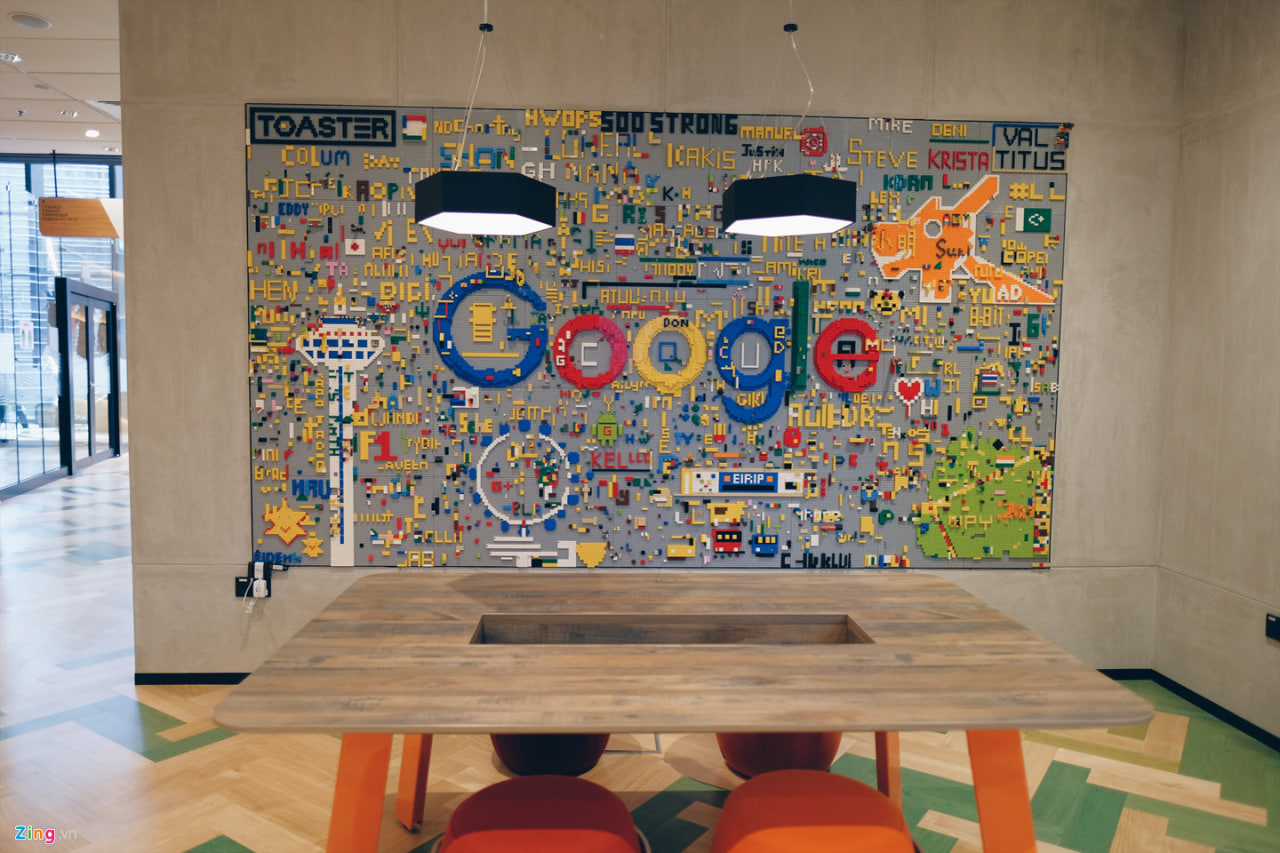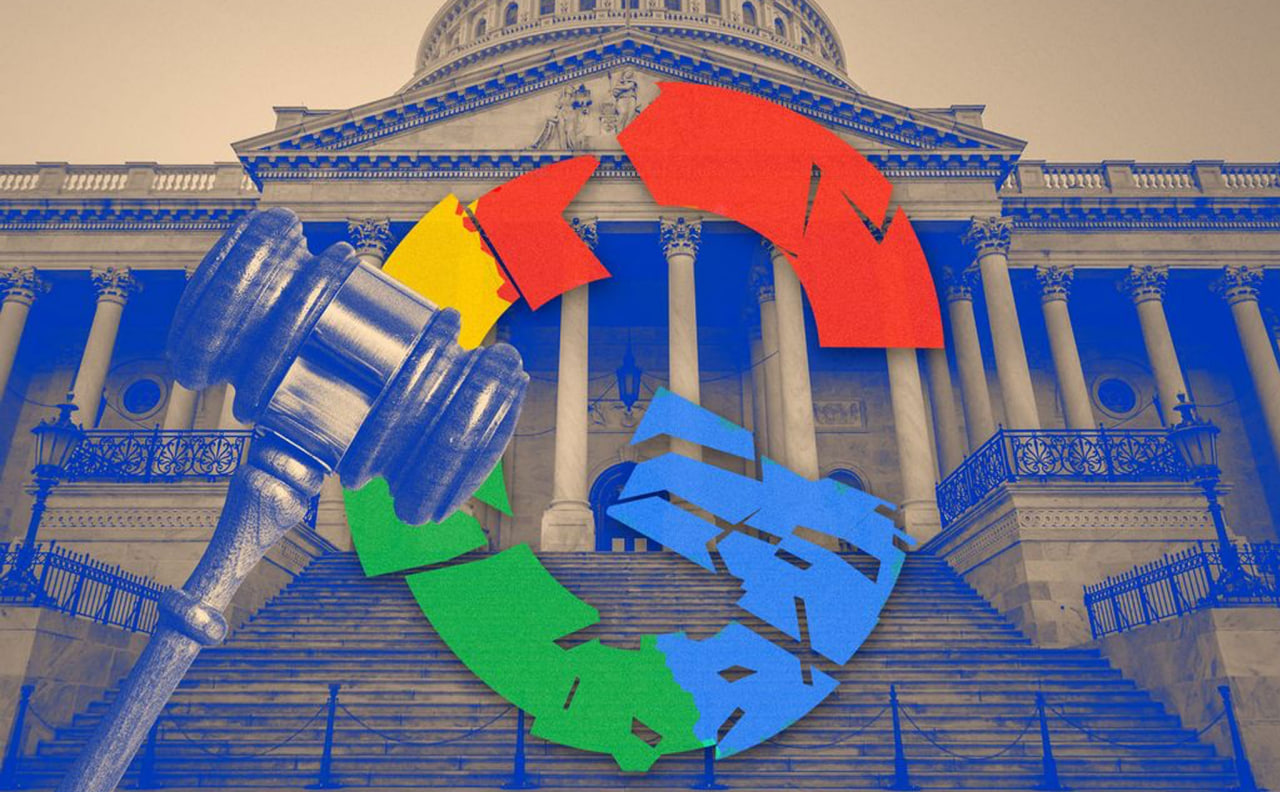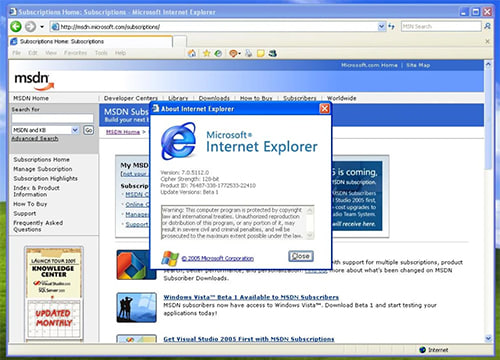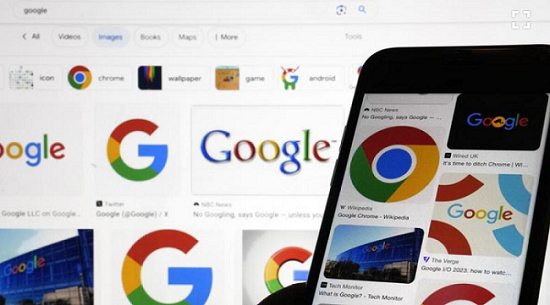With its hegemony in the Digital Advertising Industry, Google’s “halo” may now be a thing of the past. In the latest trial in the US federal court, Google suffered a painful defeat with the final verdict that the technology company violated the monopoly regulations in the search field.

Google is ruled a “monopolist” in search
Accordingly, the plaintiffs accused Google of illegal acts such as paying billions of dollars each year to Apple and Samsung to become the default search engine on phones and web browsers. This action by Google violated Section 2 of the Sherman Act. This provision stipulates that it is illegal for any person or business to monopolize, attempt to monopolize, or conspire to monopolize any part of trade or commerce.
Judge Amit P. Mehta sided with the government, finding that Google had abused its monopoly in the online search industry. For more than a decade, exclusive agreements have helped Google maintain a monopoly with more than $300 billion in annual revenue, much of it from search advertising. Google currently holds the top spot with 89.2% of the overall search market share and 94.9% on Mobile devices.

For more than a decade, Google has been an almost unassailable “empire”.
According to the most recent report from parent company Alphabet, Google’s search division grew its revenue by 14% year-over-year to $48.51 billion in Q2 2024. This is considered an act of suppression and not “fair play” with competitors. In addition, spending money to gain a monopoly also helps Google collect a lot of user data, helping the technology “boss” gain absolute dominance without having to invest in improving quality.
According to Reuters, this ruling will pave the way for a second trial to determine the solutions applicable to Google’s parent company, Alphabet, which is not out of the question, including the possibility that Google could be split into several smaller companies to ensure competitiveness. If this happens, the search market will have to be redistributed because for many years, Google has dominated a huge position that is almost impossible to replace.

Google said it will appeal in the near future.
As for Google, the Brand said it would appeal in the near future. In an Email from Kent Walker, Google’s president of global affairs, he completely avoided referring to Google as a “monopolist.” Instead, Kent Walker asserted: “We appreciate the Court’s ruling that Google is ‘the highest quality search engine in the industry, which has earned the trust of hundreds of millions of daily users,’ that Google ‘has long been the best search engine, especially on mobile devices,’ ‘has continued to innovate in search,’ and ‘Apple and Mozilla consider Google’s search quality superior to that of its competitors.
The Justice Department and US states first filed an antitrust lawsuit against Google’s search business in 2020. The ruling that Google has a monopoly in the category came after a 10-week trial last year that included testimony from senior executives at Google, Apple and Microsoft, with final statements released in May. The Justice Department is also pursuing a separate case involving Google’s alleged manipulation of the tech ecosystem around advertising, with that trial scheduled to begin in September.

This isn’t Google’s only lawsuit this year.
The dual antitrust cases in the US are one of the biggest threats to Google’s tech dominance. In the EU, Google is also being investigated under a new law (the Digital Markets Act) that aims to rein in the most powerful digital companies from the government. Apple and Meta are also under similar investigations.
Increased regulatory pressure has forced Google to change course on its recent initiatives. For years, the company has planned to phase out third-party cookies, a popular way to target advertising, in its Chrome web browser and replace them with a new solution called Privacy Sandbox. However, the Privacy Sandbox has come under scrutiny from regulators, forcing Google to abandon plans to remove cookies from Chrome last month.

Microsoft is accused of “forcing” Windows operating system users to use Internet Explorer.
More than just a lawsuit by Google, this trial is much more significant. It is considered the first major victory of the US government against the technology “giants” since the lawsuit against Microsoft for “forcing” Windows users to use the Internet Explorer browser. Thereby, it gives the green light for antitrust agencies to take action.
Epilogue:
As other tech companies are growing rapidly and Google’s reputation is declining, it is likely that a large number of users will turn away from the brand and look for other options. This heavy blow is a warning for Google to take timely measures to adjust and “play fairer” with competitors in the market.
Comment Policy: We truly value your comments and appreciate the time you take to share your thoughts and feedback with us.
Note: Comments that are identified as spam or purely promotional will be removed.
To enhance your commenting experience, consider creating a Gravatar account. By adding an avatar and using the same email here, your comments will feature a unique and recognizable avatar, making it easier for other members to identify you.
Please use a valid email address so you can receive notifications when your comments receive replies.
